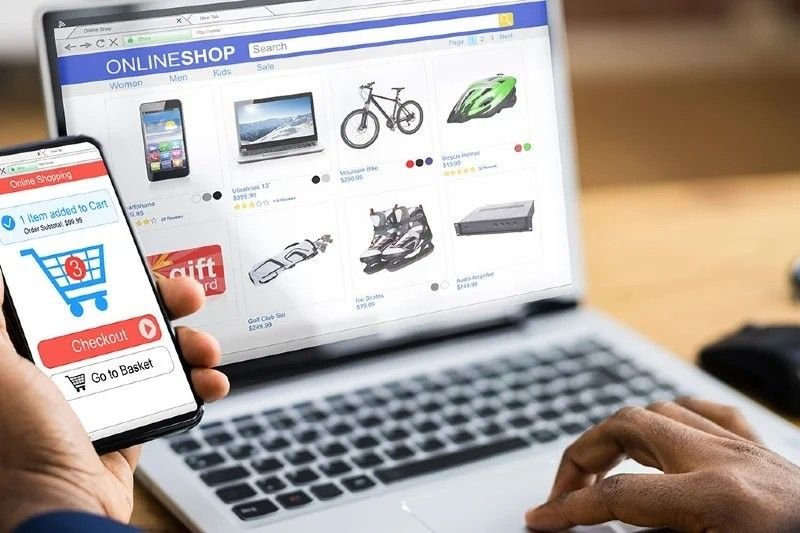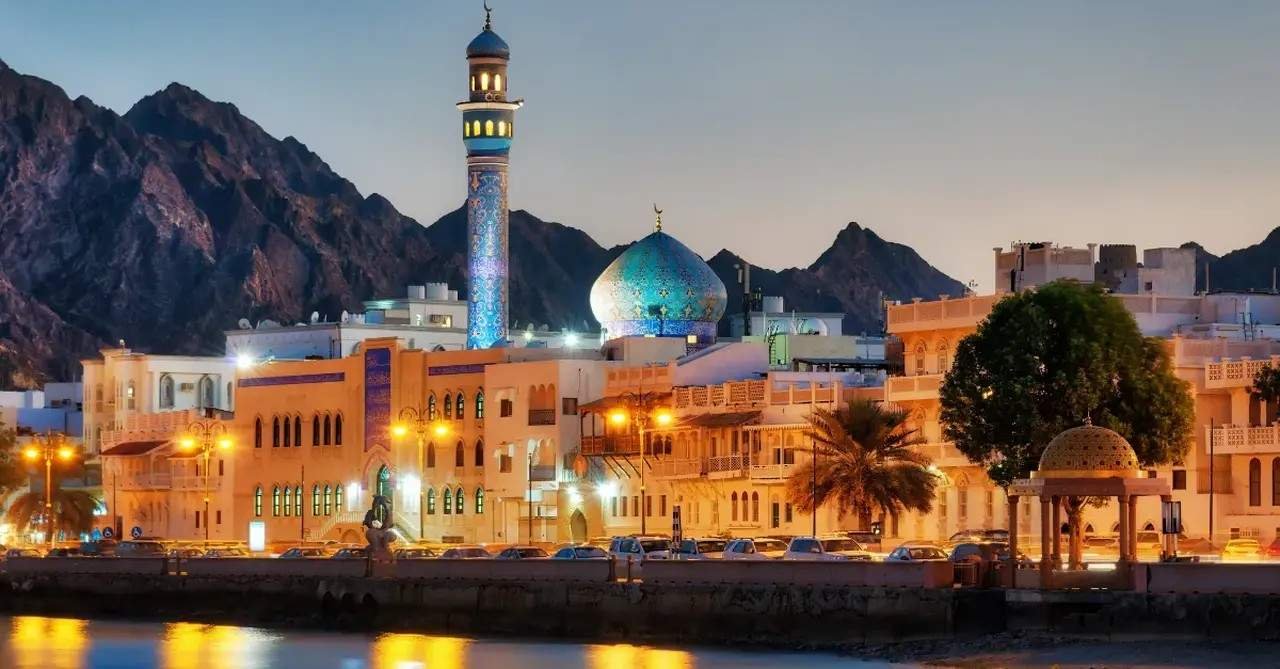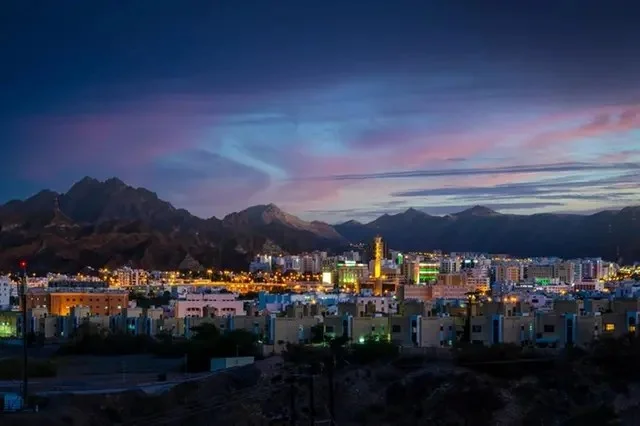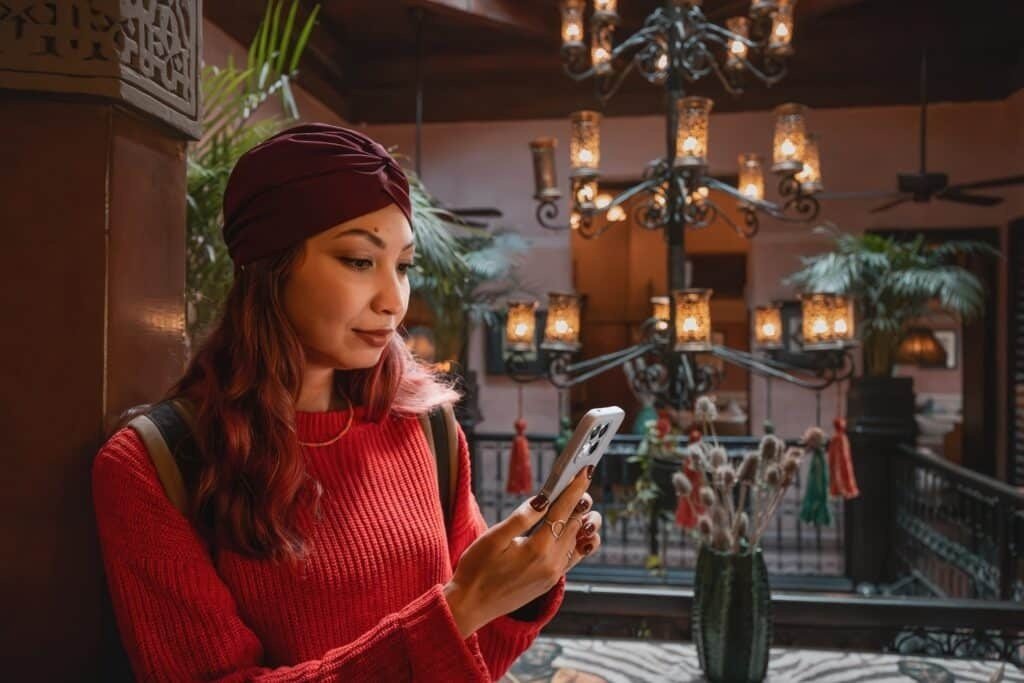Rabat, November 3, 2025 — Morocco’s e-commerce sector has witnessed explosive growth, with nearly one in four Moroccans—or 24.9% of the population—making online purchases in 2024, up from 15.1% in 2019, according to the National ICT Survey 2024–2025 by the country’s telecommunications regulatory agency. This represents an addition of 3.7 million new online shoppers, a 65% increase in five years.
The surge reflects the combined impact of widespread smartphone access, improved internet connectivity, and rising consumer trust in digital platforms. The Ministry of Industry and Commerce reported that Morocco’s e-commerce market reached 22 billion dirhams ($2.2 billion) in 2023, growing at more than 30% annually over five years. Analysts forecast the market will continue expanding by 10.5% annually through 2029, reaching 24 billion dirhams and nearly 10 million users.
Deepening Engagement and Changing Habits
E-commerce activity is becoming more frequent and habitual. In 2024, over 75% of online buyers made between two and five purchases per year, compared to 51.5% in 2019. One-time buyers declined sharply from 34% to 8.1%, while frequent shoppers (10+ purchases per year) grew from 2.5% to 7.2%.
Gender-based preferences show distinct consumer patterns:
- Women lead in fashion (77%), cosmetics (42%), and music (18%) purchases.
- Men favor food delivery (43%), travel bookings (29%), and furniture/electronics (23%).
Payment and Delivery Trends
Despite digital advances, cash on delivery remains dominant, preferred by 84.1% of consumers—well ahead of bank cards (43.3%) and online payment services (9.9%). At the same time, home delivery has become standard for 90% of orders, up from 76.7% in 2019, reflecting major improvements in logistics and last-mile services.
Expanding Access Beyond Cities
While e-commerce remains strongest in urban areas, rural participation is increasing thanks to smartphone penetration and social commerce platforms such as Facebook Marketplace and Instagram Shops.
The government is actively supporting the sector through legal modernization, digital skills programs, and small-business digitalization efforts. The Moroccan Retail Tech Builder initiative has already assisted 161 startups, exceeding initial goals and planning further expansion through 2027.















